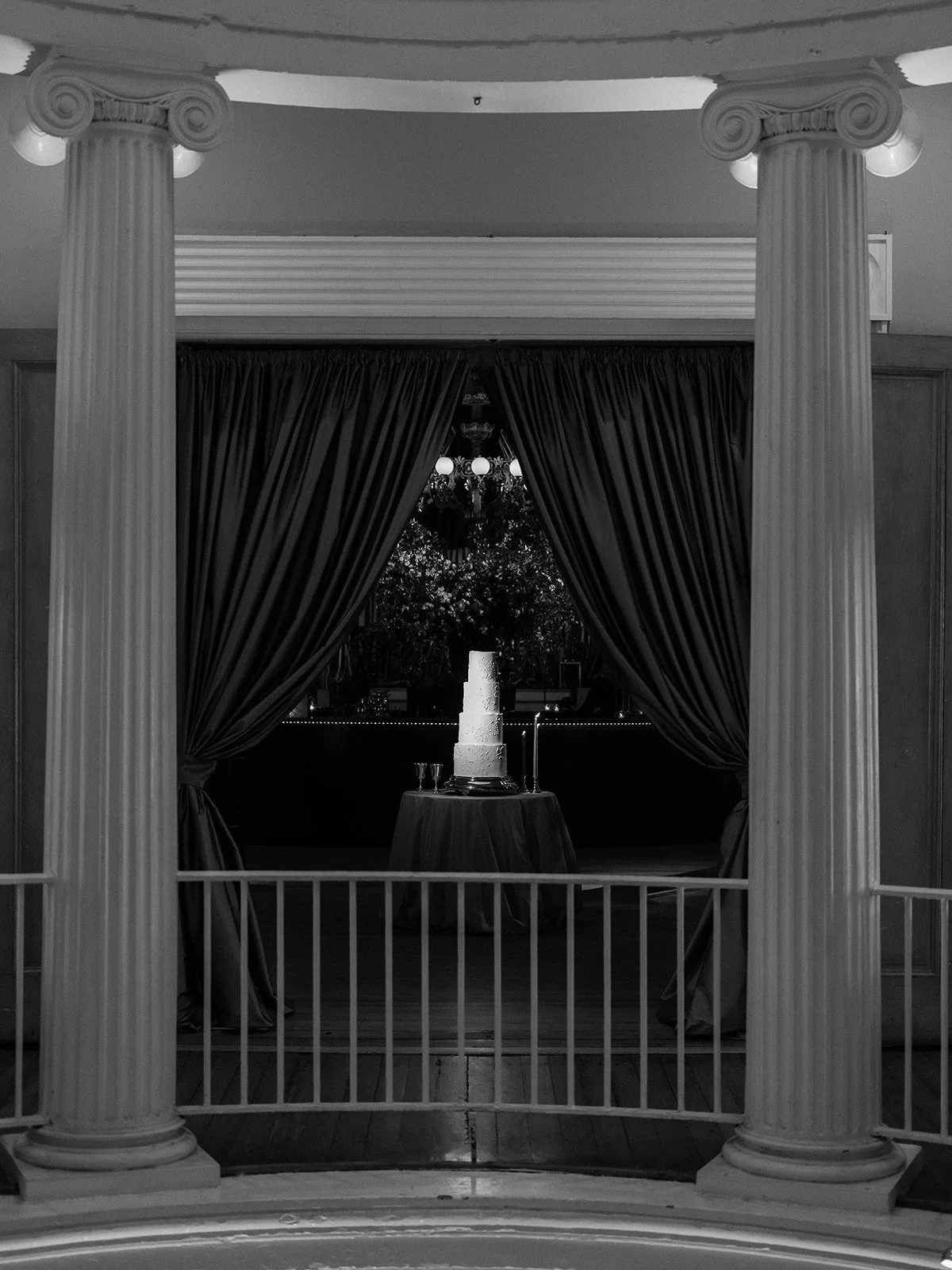The First Vendor You Hire Matters Most—Here’s Why
When you’re just getting started with wedding planning, it can be tempting to dive headfirst into Pinterest boards and venue tours. But before you do anything else, pause. Your very first hire—the planner—sets the tone for everything that follows. And not all planners are created equal.
Over the years, I’ve noticed that many couples get swept away by a beautiful Instagram feed or an editorial-style shoot without asking the deeper questions. That’s why I always tell clients to consider these four things before hiring a planner.
1. Real-World Experience (Not Just a Pretty Portfolio)
A portfolio can be polished, but does it tell the whole story?
Styled shoots are valuable—they showcase creativity and design sensibility. But they aren’t the same as executing a real wedding. Planning from start to finish, managing budgets, vetting vendors, communicating with families, coordinating logistics, troubleshooting in real time—those are skills that only come with experience.
And here's a layer most people don’t think to ask: Were those weddings actually led by the planner themselves? Or were they assisting someone else? There’s a significant difference between being on a team and being fully responsible for the outcome.
2. Credentials That Back Up Their Work
Wedding planning isn’t just about aesthetics. It’s a legitimate business, and your planner should be running theirs as such.
Are they licensed? Insured? Insurance providers don’t just hand out policies—they require proof of legitimate operations. That means paperwork, business structure, and regular renewals. If someone can’t produce that documentation, it’s worth asking why.
Professionalism matters—especially when you're trusting someone to manage one of the most important days of your life, and likely one of your biggest investments so far.
3. Caliber and Compatibility with Your Venue
Here’s something couples often overlook: most top-tier venues have preferred vendor lists. If your planner isn’t on that list, it might be a sign that their work hasn’t met the standards of that venue or that they haven’t actually performed work independently at that venue yet.
It’s not about popularity—it’s about performance. Think of it like sports. Two people can play the same game, but not at the same level. You wouldn’t put an amateur on a professional field and expect the same results. The same goes for events.
Ask your venue who they trust. Those relationships are proven and earned.
4. Pricing—and the Value It Represents
Budget is real. I’m never going to tell you to ignore the numbers.
But if you’re debating between two planners—one who’s a little more expensive and one who’s more affordable—don’t just default to the cheaper option. Talk to the one who feels right. Ask if there’s room to meet in the middle.
A few thousand dollars can feel like a lot, but in the scope of the full event, that difference could be what makes or breaks the experience. Don’t choose a planner based on cost alone. Choose the one who gives you peace of mind.
Planning a wedding is a layered, emotional, high-stakes process. Your planner should be your partner through all of it—steady, experienced, and fully equipped to carry the weight. Choose wisely. It shapes everything that follows.
If you would like to talk with us about planning your next event, CLICK HERE.
Want more behind-the-scenes stories, trends, and inspiration?
Subscribe to our newsletter for inspiration, updates, and expert advice.
Follow us on Instagram and TikTok for behind-the-scenes moments, trending ideas, and so much more.
Tune in to our Wine and Dine Me Podcast in Apple Podcast and Spotify, where we explore all things weddings, life, and business.


